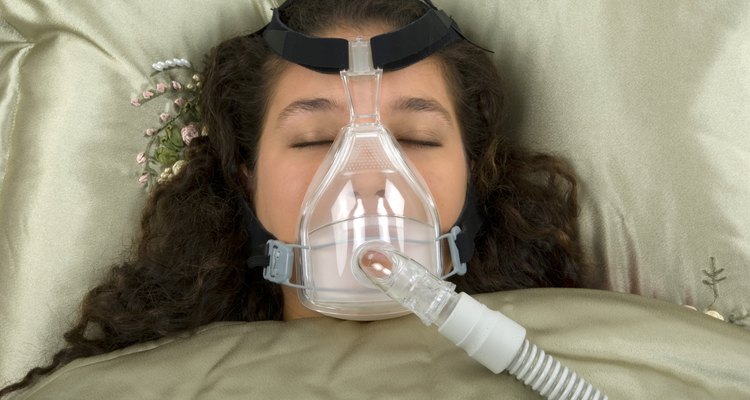
Brian Chase/Hemera/Getty Images
Continuous positive airway pressure, or CPAP, treats sleep apnea, a condition caused by obstructed airways during sleep that temporarily stops breathing. The CPAP system provides a constant source of air through a mask fitted over your nose, so your throat pressure remains constant and is unlikely to collapse. While the continuous stream of air blowing into your nasal passages improves symptoms, the pressure of the plastic mask on your face can chafe your skin.
Install a humidifier in your bedroom, or connect a specialized humidifier and flow generator to your CPAP. Adding moisture to the ambient air as well as the air flowing through your device can help prevent dry skin and chapping. Your CPAP machine and user manual will display the model number you'll need to have in order to purchase humidifier attachments.
Use non-medicated saline nasal sprays as needed to prevent chapped skin and dry tissues inside and around your nose.
Make sure your CPAP mask and strap fits correctly. Masks that are too big or small may rub against your skin, causing irritation and chapping. Drugs.com suggests choosing a mask that is lightweight and provides cushioning to make you more comfortable.
Apply a thin film of petroleum jelly on areas of skin that are dry to help prevent severe chapping and chafing from developing. Tighten the strap of your CPAP securely to keep the mask from sliding around on the jelly. The strap is attached to the front of the mask on both sides of the nose -- pull tabs to tighten as needed.
Related Articles

How to Put on Padded Bike Shorts

Harmful Effects of Wearing Magnetic ...

How to Wear a Headband Without Hurting ...

How to Tighten Plastic Sunglasses Frames

How to Deal With a Chapped Nose From ...

How to Tighten Loose Ligaments

How to Clear Up Severe Cracks Around ...

How to Disinfect Sunglasses

How to Gauge Your Ears Without Tapers
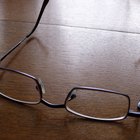
How to Polish Plastic Glasses
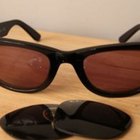
How to Replace Lenses on Ray Ban ...

How to Exfoliate Scaly Eyelids With a ...

How to Change the Battery in a Lassale ...

How to Keep Eyeglass Nose Pieces From ...

How to Break in Man-Made-Leather Shoes
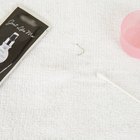
How to Put in a Curved Nose Ring
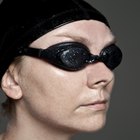
How to Wear Swimming Goggles
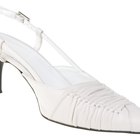
How to Fix a Slingback Shoe
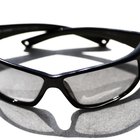
How to Adjust Plastic Frame Glasses
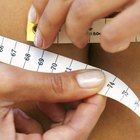
How to Size Compression Shorts
References
Resources
Writer Bio
Erica Roth has been a writer since 2007. She is a member of the Society of Professional Journalists and was a college reference librarian for eight years. Roth earned a Bachelor of Arts in French literature from Brandeis University and Master of Library Science from Simmons College Graduate School of Library and Information Science. Her articles appear on various websites.
Photo Credits
Brian Chase/Hemera/Getty Images